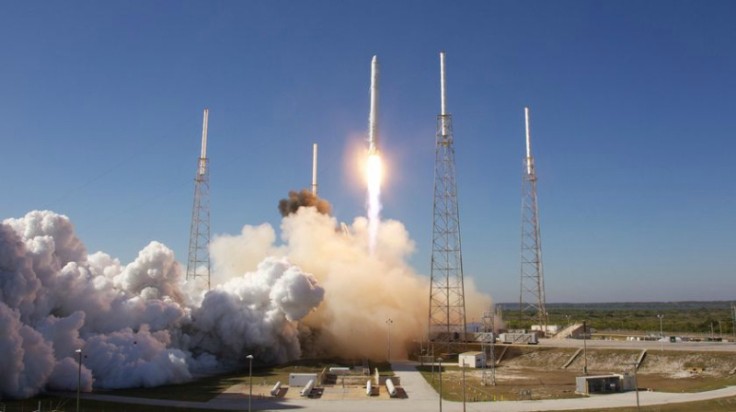
As controversial as ever, Elon Musk has recently announced his intentions of working with experts to provide an observatory that astronomers can use to monitor the universe. This comes as an answer to a problem that the CEO's Starlink satellites have cause astronomers -- blocking out the clear sky -- which has sparked outrages across the world.
Musk recently talked with a committee from the National Academies of Sciences, Engineering, and Medicine, where he suggested the idea to have a coordination between Space Agencies and SpaceX to make orbital observatories come into fruition.
Read Also: SpaceX's Crew Dragon 2 Mission: Astronuates Sent To ISS Aboard Elon Musk's Falcon Spacecraft
An innovative idea
The facilities would stay at a higher altitude than the current Starlink satellites, making their obstruction negligible. The CEO's suggestion would be an excellent solution if his own devices didn't cause only the problem in the first place. He also stated his excitement for what the continuous development of these observatories could provide.
It's an ironic suggestion; however, being the cause of the problem itself is by Musk's endeavors. Several hundred Starlink satellites have been launched into space in the hopes of providing a cheap and accessible internet service that could be used around the globe. This caused the public to share their grievance with the satellites hampering the view of the night sky.
The CEO answered the pleas of observers as he stated his company is working on reducing the interference caused by the satellites by adding several features to lower the brightness that the satellites reflect.
The visionary also seemed to undermine the situation as allegedly saying, "we'll feel a bit silly in hindsight." He conversed with the committee and reportedly reassured them that they are taking all the steps necessary to solve the problem and provide a new direction that experts can take in doing their jobs.
Solving problems created by his own
The controversial Elon Musk plans to launch several thousands of these Starlink satellites to be the forefront in the internet service industry by giving access to an affordable and globally connected broadband service. A total of 12,000 Starlinks have been approved for launch by the Federal Communication Commission (FCC) of the US government.
The plans for the Starlink satellites is to have the partial operational capability in about three months, and full public testing in six months. The project was set up amid the growing need for a broader and more accessible broadband service that is also relatively cheap.
Even with a low cost, the system would be able to provide high-speed internet with reduced latency for better performance and smoothness. The first services would be tested in the USA and Canada once the required number of satellites reach orbit. Global coverage would then be conducted sometime in 2021 upon the continuous launch of the Starlinks.
Musk has been the center of several outrages in recent weeks due to his ongoing efforts to expand his reach and services. He has previously been caught downplaying the coronavirus threat.









